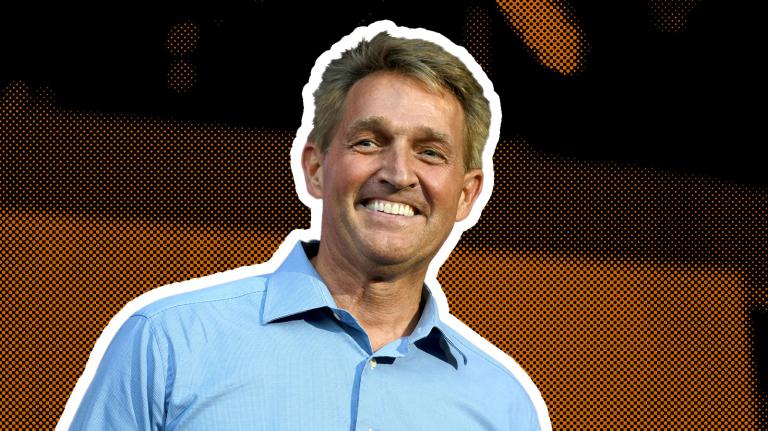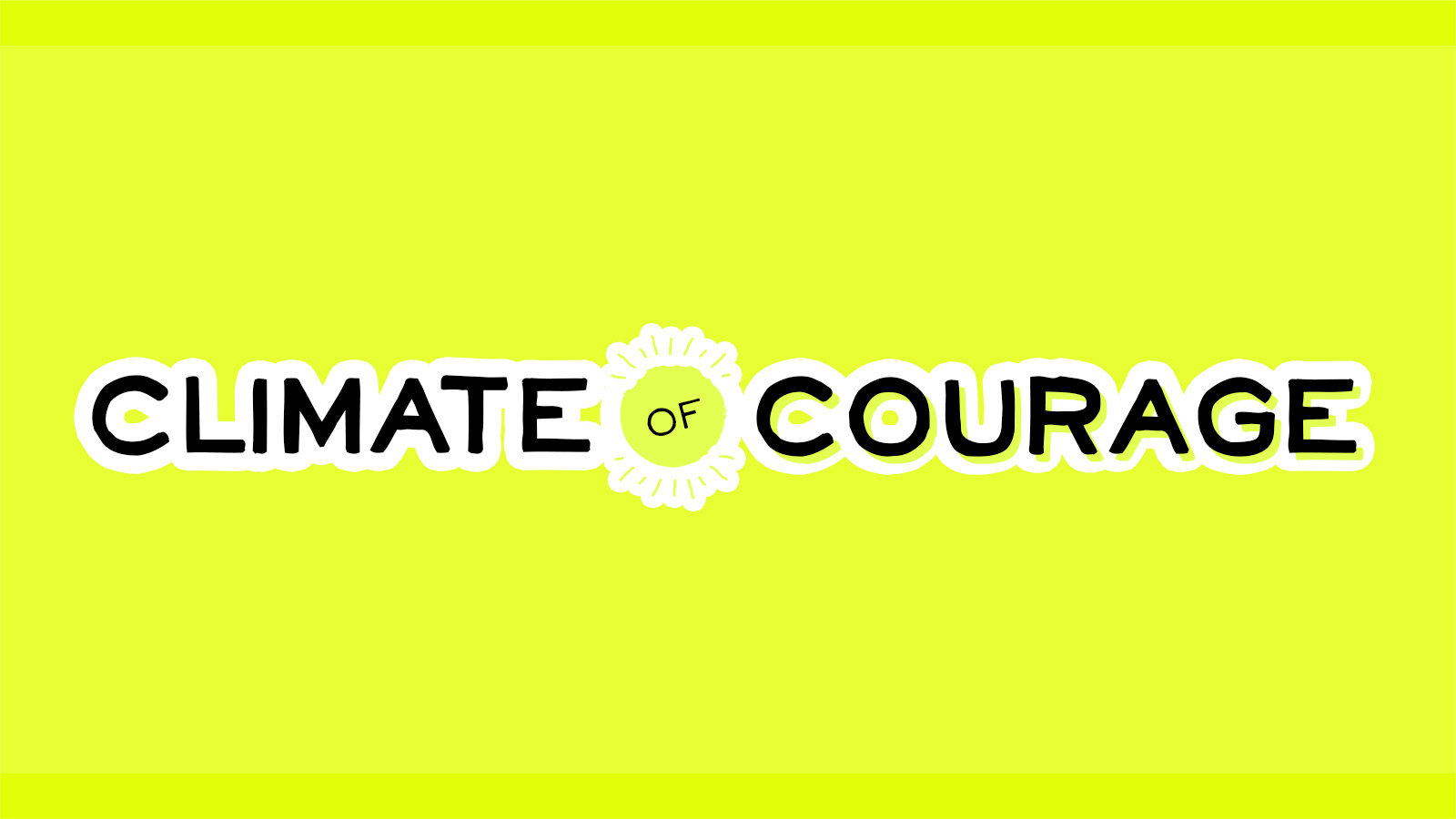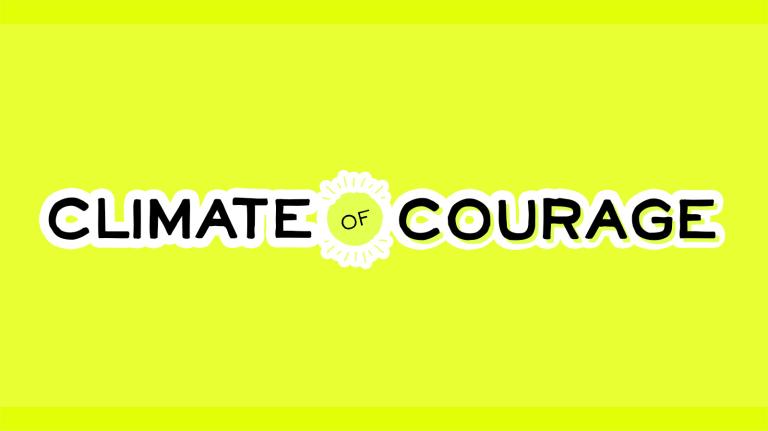Over the past week, the world has again been forced to acquaint itself with the inescapable immediacy of climate change, thanks to the IPCC’s declaration that the next decade is truly a make-or-break moment in human history. This hurts. It’s difficult to know where to turn or what to do.
The effects of climate change are both acute — see: Hurricane Michael, the third-strongest hurricane ever to hit the United States — and chronic: years of record temperatures, perpetually rising seas. And these impacts invariably fall more disparately on the backs of women and people of color.
Meanwhile, some so-called leaders are continuing their decades-long pattern of plundering the planet and taking advantage of disasters to infringe on human rights. Brazil’s presidential election, for example, could wind up putting a man in power who could irreversibly destroy the Amazon — displacing indigenous groups and dealing an unrecoverable loss for all living things on Earth.
If you feel beaten down, you’re not alone. Our strength from this point on will come from embracing the fact that we are in this together. We’ll have to rely on each other if we are to build the better world we all need.
There’s lots of evidence that meaningful communities and lasting change can come out of disaster.
For example, we know that schools often form the heart of communities dealing with acute climate disaster. Last year, after Hurricane Harvey, Houston Public Schools moved immediately to provide three free meals for every student for the entire school year, providing a ballast to struggling families. Despite a crumbling post-storm budget, the program was a success at keeping kids in school, so the school district is doing it again this year.
After other hurricanes, artists have lept into action. In Miami, the arts community banded together to work on cultural preservation in the face of future storms and in New Orleans, public art now highlights the evacuation routes.
There are convincing signs that our ongoing climate disaster is motivating people to rethink human society altogether. There’s a “Transition Towns” movement growing in 50 countries around the world. In this new model, citizens work together to sustain a “circular” economy, one that’s entirely carbon neutral and not focused on economic growth.
In times like these, and it may sound wistful, I look to my friends for courage. I know all of this [waves hands wildly] is not on me alone to change, nor should it be. It’s only through talking with each other, innovating with each other, that we’ll be able to find our way through.




